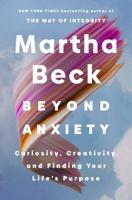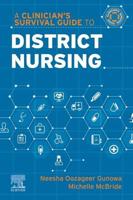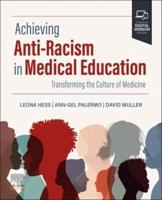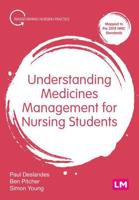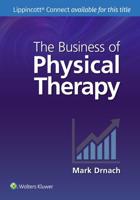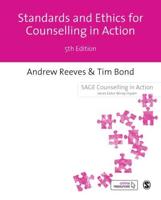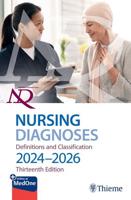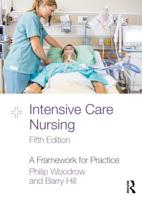Publisher's Synopsis
A practical guide to undertaking work-related assessments. The book also provides a conceptual basis for clinicians. Emphasis is placed on the evidence base for the use of work-related assessments, their documented reliability and validity, the attributes of assessments and the strategies used by clinicians. Previously published reviews of the reliability and validity of work-related assessments by the authors, which have received international acclaim, will be revised and include the most up-to-date information available. The authors define a work-related assessment as "an assessment using multiple measures to determine an individual's ability to perform the work requirements of specific job tasks or activities, an entire job, group of jobs (i.e., occupational category or group), or broadly defined work demands (e.g., sedentary, light, medium, heavy, very heavy).;"Work-related Assessments" include functional capacity evaluations (FCEs - these are the commercially available assessment systems that most people think of when they think of a work assessment; they are predominantly focused on physical demands and tend to occur in a clinic), and also workplace-based assessments (where a therapist goes to the workplace to determine a worker's ability to perform the job). There are other types of work-related assessments, but these are the 2 main groups. The work-related assessments which will be discussed in the book are those that are more physically focused and conducted predominantly by occupational therapists and physiotherapists; not those conducted by medical practitioners, or those that have more of a cognitive, psychosocial or psychological focus. Descriptions of commonly available/used work-related assessments will be included. At present there is no objective, comprehensive description of the range of work-related assessments in a single source.;Currently, therapists must rely on the marketing information provided by manufacturers and distributors of work-related assessments, or attempt to obtain and review publications, if they are available. There is also an emphasis on the therapist as a critical part of the assessment process. This includes research that outlines the beliefs and practices of therapists using work-related assessments. Strategies that therapists can use to enhance their credibility and dependability when conducting work-related assessments will be presented. Case examples/studies will be included to demonstrate the application of theory to practice. The Process of Excellence will be presented and applied to a range of cases.


